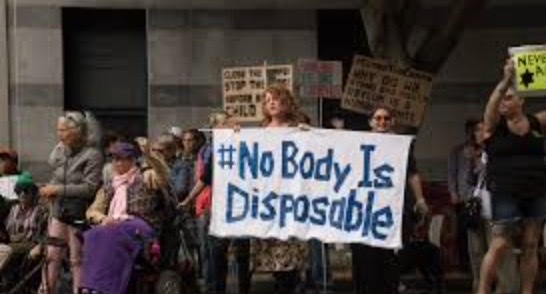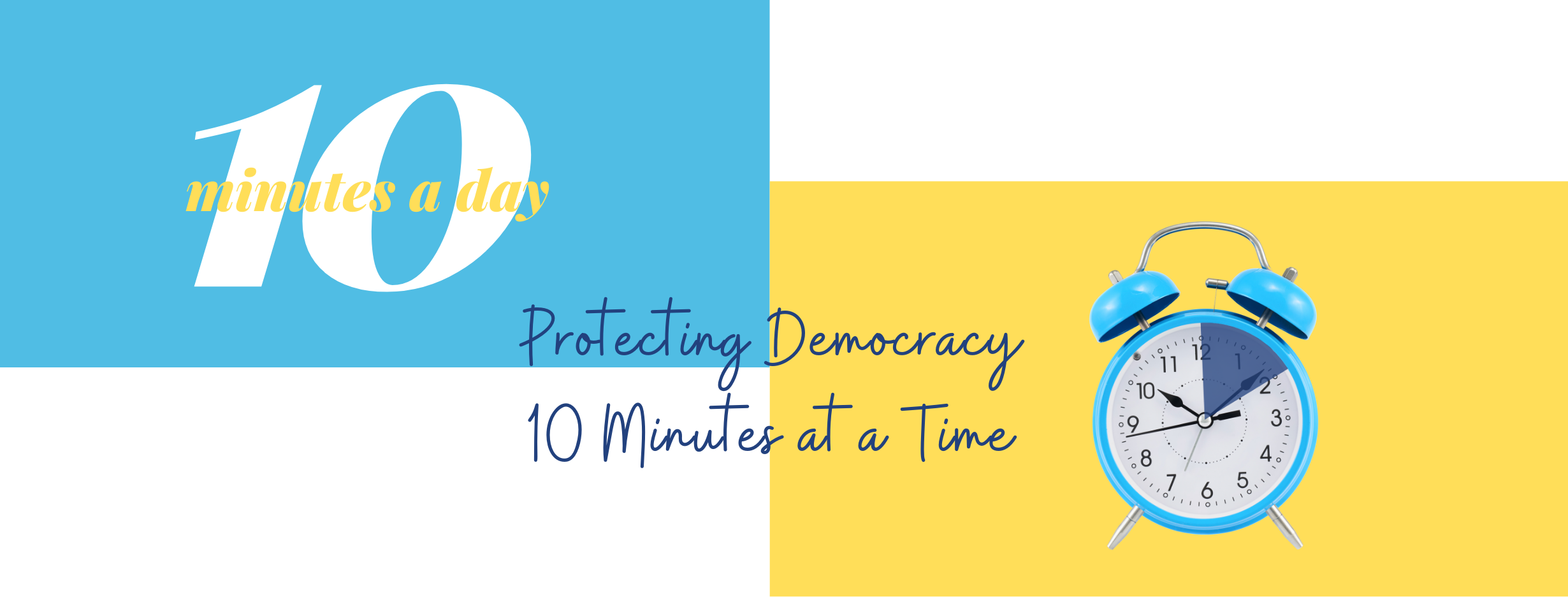The End of Life Options Act & its Consequences

On May 30, 2025, the Illinois House passed the "End Of Life Options Act," which is a right to die bill. The disability community opposed this bill, including Illinois' primary disability rights organization, Access Living. 10 Minutes A Day and DIYabled opposed the bill as well. While we believe in the right to die in theory, we're not comfortable with the bill's language or how this might go down in practice. For example, insurers may deny many, if not all pain treatments from their formularies, which could induce someone to take their lives, and there is no accountability for this in the bill. In addition, the intellectual and developmental disability community could be targeted by payers as "terminal," with someone floating the idea of taking their lives. This could do permanent harm because we can't get people back after they die. While we don't want anyone to suffer unnecessarily, we have seen Medical Aid In Dying (MAID) bills implemented elsewhere, and we frequently interact with people who are denied pain medicine they need and which could allay their suffering, but they're permitted to have enough medication to die, not to continue living.
This bill is opposed by members of the disability community for reasons that are outlined here.
There is not language in the bill, which was refiled as HB 1328 (it was SB 1950), to prevent insurance companies and other payers from removing alternate treatment options from their formularies, like pain medicine, but covering MAID as a way to save money. Money should not be more important than life. Currently, there isn't language that would prevent making existing healthcare disparities worse for both terminal and non-terminal people.
Although HB 1328 says it's for terminal patients only, in the past, healthcare practitioners have admitted to classifying their patients as "terminal," despite the clinician and perhaps even the patient not believing the situation was terminal. The clinicians involved re-classified patients who felt out of options because of a lack of investment in their healthcare, acknowledged that they didn't consider those patients terminal, but they gave them access to MAID because the patient requested to have the label of "terminal" applied to them--and too often, the reason people want to die is not because there aren't existing treatments that would alleviate their suffering, but because our healthcare system is less and less willing to invest in people staying alive or having quality of life.
We've lost countless members of the disability community as a result of existing healthcare inequalities, and we want to make sure MAID is always the patient's choice, without direct or indirect pressure or suggestion from other parties, and that MAID is not weaponized as a form of eugenics against vulnerable communities, like disabled, chronically ill, and/or low income people.
We believe in the right to live and die in dignity, but we want to ensure that our community is not a target for insurance companies and other payers who might find it more "cost effective" to encourage people to take their lives. This is a decision that we believe should only be made and initiated by the person who wants to exercise that option, and we'd like to see more guardrails to protect a vulnerable population from the insurance industry, other payers, and others in the medical field.
If you're a member of or ally for the disability community, contact the sponsors and tell them your perspective and concerns. f you don't know how to find the sponsors, visit click here, which will take you to sponsor Robyn Gabel's contact page. There are several House sponsors, and the previous Senator who sponsored this bill is Linda Holmes, whose contact information is here.
We're so glad to announce that this bill did NOT pass the Senate, although we expect it to be revived in the future. Thank you all for your support--we'll keep fighting for healthcare equality together!
